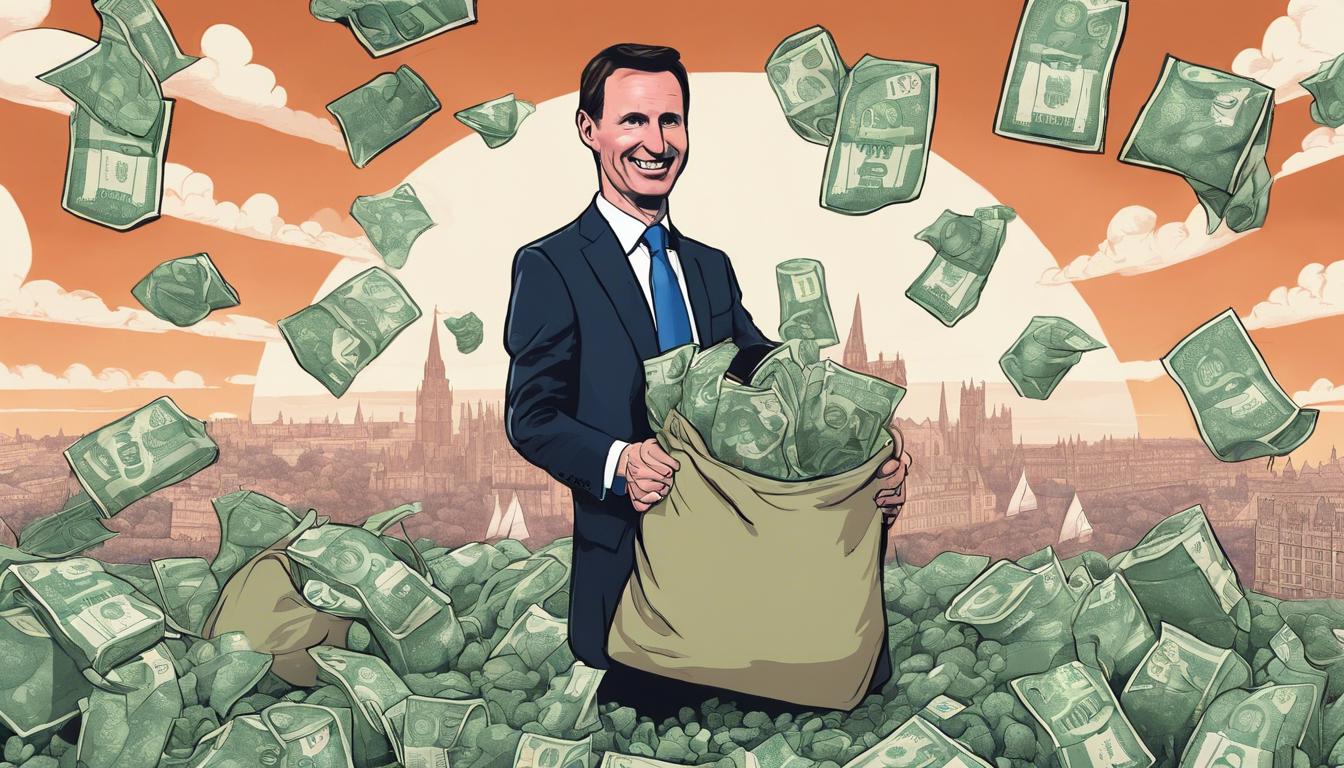Chancellor Jeremy Hunt’s recent budget announcement has sparked controversy by extending ‘levelling up’ initiatives to affluent areas, raising concerns over regional inequality and fuelling speculation about an imminent general election.
Jeremy Hunt, in a recent budget announcement, extended the focus of ‘levelling up’ initiatives to include not only traditional northern towns but also affluent areas such as Buckinghamshire, Canary Wharf, and Cambridge. The Chancellor’s decision to allocate extra funds to these regions has raised concerns regarding the worsening of regional inequality. Hunt emphasized new devolution deals for Surrey and Buckinghamshire and proposed a £242m investment for the development of homes in Barking Riverside and the promotion of life sciences companies in Canary Wharf. Additionally, Canary Wharf, a major financial district, is under scrutiny due to shifts in work patterns.
The budget also includes plans to allocate £100m of levelling up funding across various constituencies, with many situated in key electoral battlegrounds. This move has been critiqued by experts like Abi O’Connor, who suggest that it could incite competition among disadvantaged communities. While certain conservative think tanks have expressed support for the government’s strategy, critics argue it may further entrench regional disparities.
Simultaneously, the political landscape is abuzz with speculation about an imminent general election, possibly in May, a conjecture fuelled by Rishi Sunak’s refusal to confirm or deny such plans. The timing of the budget and the progress of the government’s Rwanda plan are central to this speculation.
In parallel, recent tax decisions by Jeremy Hunt and Sunak have sparked debate, notably affecting pensioners and high earners. Pensioners, in particular, are projected to experience an average income reduction of £1,000 due to freezes in tax thresholds.
Hunt’s budget has also introduced concerns over the potential 13% real-terms cuts across unprotected departments, including the Ministry of Justice and the Home Office, raising questions about the impact on public services such as prisons, police forces, court systems, local government services, and transport infrastructure. Amidst these fiscal challenges, the arts sector has seen a glimmer of hope with the introduction of tax relief for theatres.
As the UK navigates these complex fiscal and political waters, the government’s budgetary choices and the potential for an upcoming general election remain at the center of public discourse, with implications for the country’s economic landscape and regional equity.
